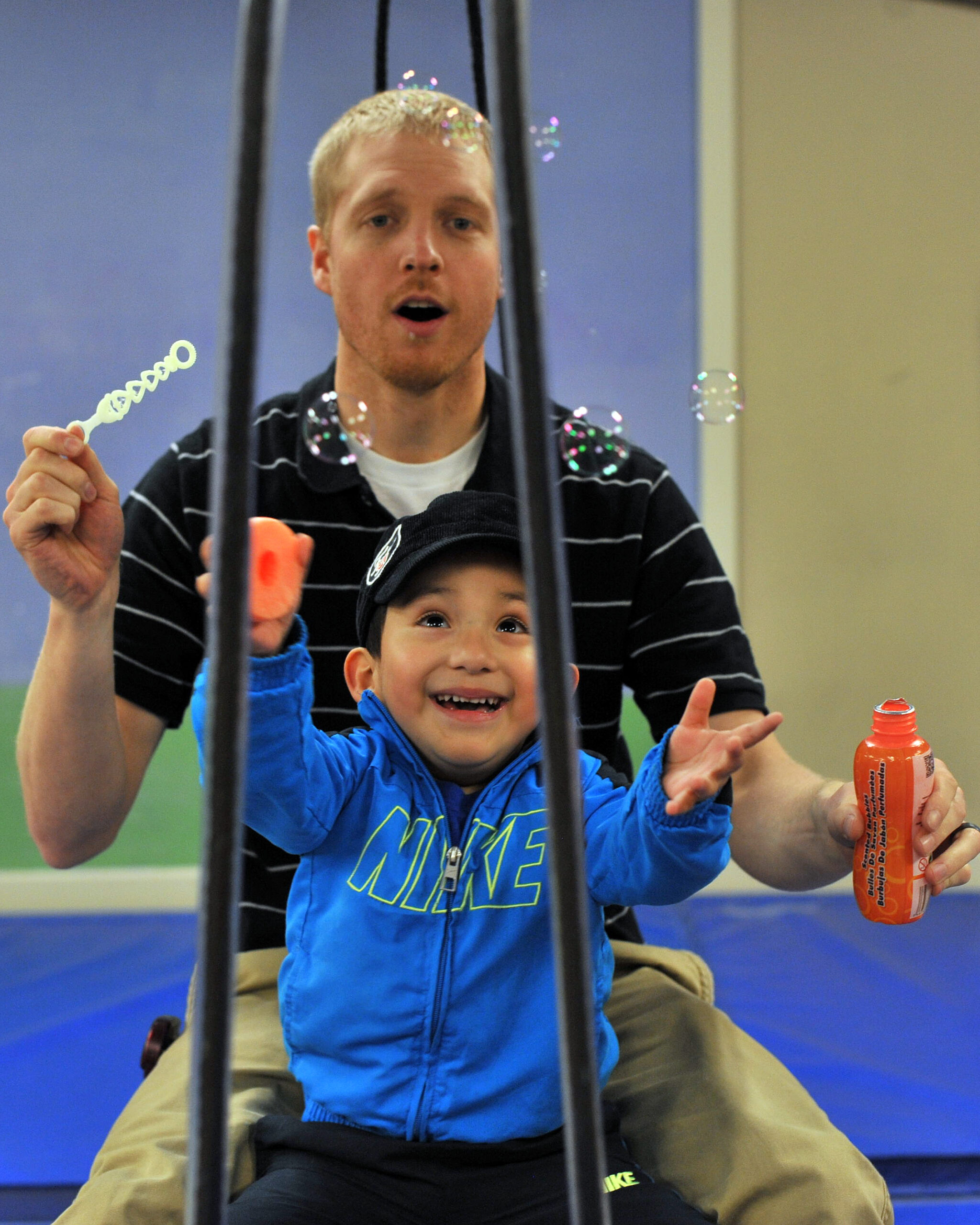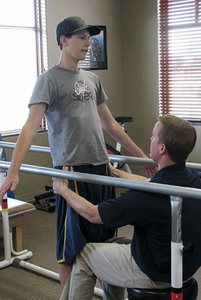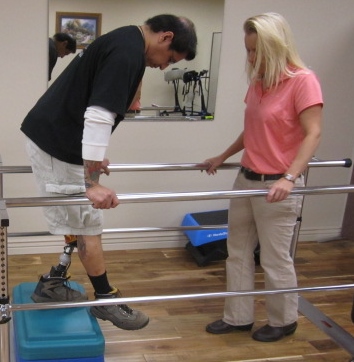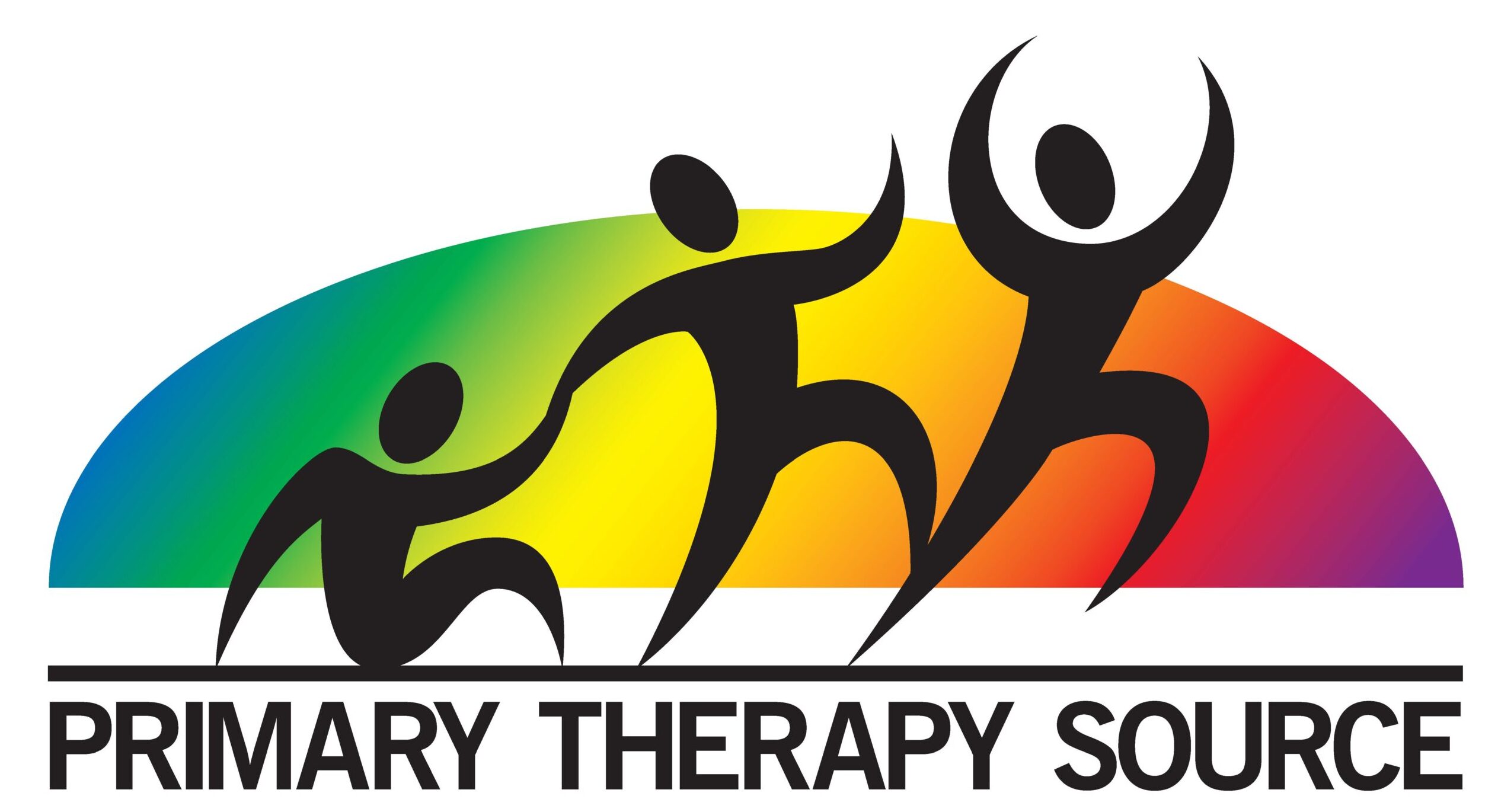What is Occupational Therapy?
Occupational therapy helps individuals perform tasks necessary for daily life. When accidents, disease, or other difficulties inhibit one’s ability to engage in routine activities, occupational therapy assists by promoting, restoring, maintaining or modifying life skills.
Practitioners must have a graduate degree (OT)/associate’s degree (OTA) from an accredited program, complete supervised clinical internships in a variety of health care settings, and pass a national exam for certification. Our staff regularly attends continuing education courses to provide current evidence-based treatments for our patients.
Individuals can lead more independent, productive, and satisfying lives through individualized treatments that address:
- Self-care: dressing, bathing, eating, socialization
- Participating in work or school
- Care of one’s surroundings: tending to children, shopping, managing the home, money skills
- Enjoying recreation and leisure
Occupational therapists work with children and adults and the therapists at Primary Therapy Source create an engaging, supportive environment in which you feel comfortable learning and growing..

Pediatric Occupational Therapy
Look to us to help your child thrive in daily life
Getting through daily life in your home, school or work environment requires certain skills. We are committed to guiding and educating parents, educators, and caregivers to promote participation in occupation.
We can work with your family and child to address his or her specific needs and promote independence and improved functioning.
Some of the functional areas you can rely on us to address include:
- Sensory Integration challenges
- Developmental delays
- Neurological impairments
- Fine motor / visual motor skill concerns
- Visual impairments
- Cognitive impairments
- Social skill difficulties
- School participation concerns
- Handwriting challenges
- Adaptive equipment needs
- Feeding/oral motor concerns
- Self-care skill delays
- Behavioral concerns
Some of the specialty programs we offer:
- Aquatic therapy
- Adaptive equipment assessment/training
- Hippotherapy
- One-on-one therapy in our “preschool” groups
- Social skills groups – SPOTS
Look to us to address functional delays resulting from the following:
- Premature birth
- Brain injury/Cerebral palsy
- Autism-spectrum disorders
- ADD / ADHD
- Mental health/Behavioral concerns
- Sensory integrative dysfunction
- Cognitive delay
- Sports or accident injuries
- Stroke
- Burns
- Amputations
Adult Occupational Therapy
Getting through your daily life in your home, school or work environment requires certain skill sets. Look to us to promote, modify, or restore your life skills so you can more confidently approach your daily activities. Getting through your daily life in your home, school or work environment requires certain skill sets. Look to us to promote, modify, or restore your life skills so you can more confidently approach your daily activities.

Look to us to address functional impairments resulting from the following:
- Upper extremity injuries
- Neurological impairments
- ADD/ADHD
- Brain injury
- Stroke
- Sports or accident injuries
- Amputations
- Work-related injuries
- Surgery

Some of the functional areas you can rely on us to address include:
- Self-care skill impairments
- Challenges related to work/home care/childcare
- Cognitive skill deficits
- Fine/visual motor concerns
- Adaptive equipment needs
Sensory Integration
Essential To Learning And Engagement
When you struggle with sensory integration, life can be a challenge. Sensory integration is a theoretical and practice framework related to processing, interpreting, and understanding sensory information from the environment. The five senses are the most commonly understood, but it is the tactile, vestibular, and proprioceptive systems that lay the foundation for sensory integration.
- Tactile: sense of touch – fine touch, deep touch, pressure, pain, temperature
- Vestibular: sense of movement and relationship to gravity
- Proprioceptive: body awareness, position and movement in space, pressure/force
There are two types of sensory integration and both are essential to learning from the environment, exploring the environment, self-regulation, energy level maintenance, and participation in age-level activities (social, school, self-care).
- Sensory modulation: Ability to assess importance of information and respond in proportion to the input; ability to filter sensory information; children and adults can be under- or over-responsive to sensory input in general or to specific types of input
- Sensory discrimination: Ability to determine “what” with regard to the specifics of the incoming input (what am I touching?, where is my body in space?, accurate interpretation of visual input); most often relates to vestibular, tactile, or proprioceptive functions – visual input as well.
The therapists at Primary Therapy Source have specialized training in assessing and addressing sensory integration challenges. They are committed to helping your family and child through an individualized treatment approach. Sensory integration treatment can help with your child’s play skills, self-regulation, social skills, attention/focus, adaptive response, and school participation.
